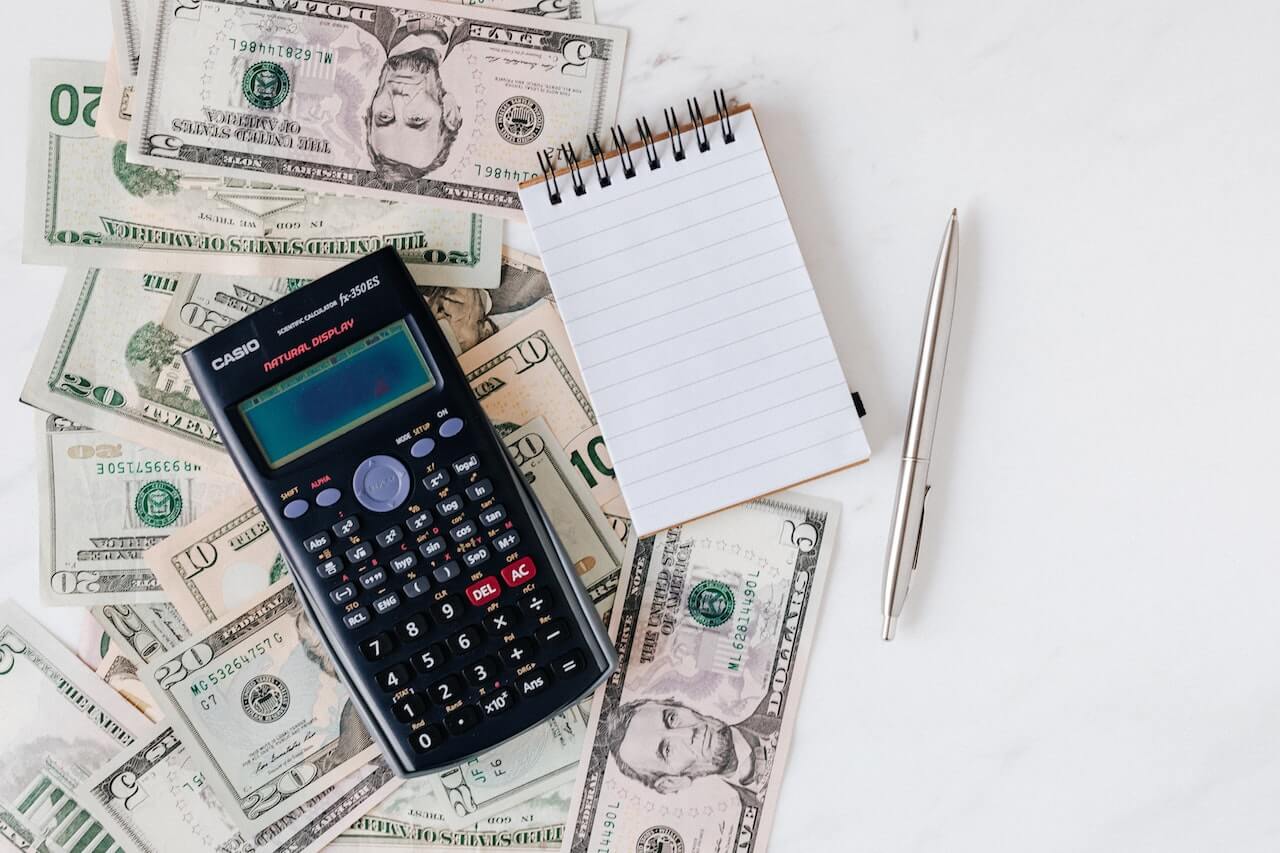Double Net Lease: Everything You Need to Know
- What is a Double Net Lease?
- How Does a Double Net Lease Work?
- The Benefits of a Double Net Lease
- The Downsides of a Double Net Lease
- Double Net Lease vs Single Net Lease
- Double Net Lease vs Triple Net Lease
- When to Use a Double Net Lease
- When Not to Use a Double Net Lease
- Tips for Investing in a Double Net Lease
- How a Commercial Real Estate Broker Can Help


When you’re considering investing in a commercial property, it’s important to understand what type of lease is in place. This will have a major impact on your responsibilities, how hands-on you’ll need to be, and potentially how much rent you charge.
There are a number of different types of leases, but in this article, we’re going to focus on the double net lease. This is one of the most common types of commercial leases so it’s important to be familiar with it.
Keep reading to learn how a double net lease works, the benefits, and more.

What is a Double Net Lease?
A double net lease (also known as a net-net lease or NN lease) is an agreement where the tenant agrees to pay for the property taxes and insurance, in addition to their monthly rent. The landlord is then responsible for all maintenance and repair costs. Because the tenant is paying for additional expenses their monthly rent is sometimes (but not always) reduced.
How Does a Double Net Lease Work?
All commercial tenants are responsible for paying monthly rent, but depending on their lease they may be obligated to cover other expenses as well. This is what’s known as a net lease, where the tenant pays for one or more of the three nets: property taxes, insurance, and maintenance and repairs.
As a double net lease implies, tenants are responsible for two of the nets (property taxes and insurance). These additional payments might be combined into the rent to form one lump sum payment, or they could be separate and fluctuate depending on changing costs.
Like rent, the amount tenants pay for taxes and insurance is usually proportional to the size of the unit they’re renting. For example, if a tenant is renting 25% of a building their share of the expenses will usually be 25%.
Even though the tenants are paying for these costs, as the landlord it’s still a good idea to have these payments pass through you so you can identify any payment issues.
The Benefits of a Double Net Lease
As a landlord, a double net lease provides you with two primary benefits:
More profit: Because your tenants are paying part of your expenses you can keep more of the rent as profit.
You’re Protected Against Price Increases: Rising taxes and insurance rates can eat into your profits. However, a double net lease protects you against this, since you’re not responsible for those costs.

The Downsides of a Double Net Lease
While a double net lease may work out well for a landlord there are still some drawbacks to worry about:
They Don’t Reduce Your Workload: While you have fewer financial responsibilities you still need to act as the landlord, collect all the payments, and actively manage the property.
You’re Responsible for Maintenance and Repairs: The most difficult part of owning commercial real estate is managing maintenance and repairs. Unfortunately, with this type of lease that responsibility falls on you.
Unexpected Costs: Because not all of your expenses are covered by your tenants you’re still at risk of unexpected costs that come with maintaining a property.
Double Net Lease vs Single Net Lease
A single net lease is similar to a double net lease, except that the tenant is only responsible for the property taxes. The landlord then pays for any expenses associated with property insurance and maintenance and repairs.
Because tenants are only responsible for one additional cost this type of lease usually isn’t as popular amongst landlords. They’re also one of the least common types of leases.
One potential benefit of a single net lease is that you might be able to charge your tenants more rent, since they have fewer expenses. This isn’t a hard and fast rule though. Every lease is negotiable so don’t count on this being the case.

Double Net Lease vs Triple Net Lease
With a triple net lease, the tenant is responsible for all three nets: property taxes, insurance, and maintenance and repairs. This is often the preferred type of lease for landlords since all of their additional expenses are covered.
Most importantly, because tenants are responsible for the upkeep of the property the landlord can be very hands-off. If you’re just looking to invest in a property and don’t want to actively manage it then this might be the ideal situation for you.
While tenants have more costs there are some benefits to them as well. This type of lease gives them more control over the property and how it looks. Many tenants will be happy to pay a little more if they don’t have to ask permission to make changes to their unit.
When to Use a Double Net Lease
When negotiating leases with your tenants you have a number of different options. So, when does a double net lease make the most sense? If you don’t want to be responsible for expenses like taxes and insurance but still want to actively manage your property then it makes sense to utilize this type of lease.
Commercial real estate is a valuable investment, so you may decide that you feel more comfortable looking after the upkeep yourself. While overseeing maintenance and repairs takes up a lot of time and resources, you can ensure your property is maintained up to your standards. A double net lease allows you to do this while still getting help from tenants for additional expenses.

When Not to Use a Double Net Lease
A double net lease has some benefits, but it’s not for everyone. If you’re more interested in being an investor than a landlord then a triple net lease will likely be better for you.
Double net leases still leave you with a lot of responsibilities that require you to take an active role in the management of the property. You’ll either need to oversee the property yourself or hire a property manager to do this for you, which will take away from your profits.
As we discussed, there are some benefits to overseeing the upkeep of your property. But if you feel your time and money are better spent elsewhere then negotiate a lease that makes the tenant responsible for this.
Tips for Investing in a Double Net Lease
Are you considering investing in a property with a double net lease? Here are a few tips:
Review the Lease: Every double net lease is different, so make sure you understand all of your responsibilities before buying the property. There may be various clauses built into the lease that will result in more work for you, so you need to know what you’re getting into.
Inspect the Condition of the Property: Because you’ll be paying for maintenance and repairs take a good long look at the property. What are the yearly maintenance costs? Are there any repairs that will need to be performed in the near future? Make sure to factor this into your projected expenses.
Assess How Much Work You’ll Be Doing: Because a double net lease requires you to manage the property yourself you should estimate how much time this will take you. Then determine whether you’re able to take on that responsibility. If not, you should either look at triple net properties or consider hiring a property manager (assuming you can afford that).
How a Commercial Real Estate Broker Can Help
Commercial property leases are complicated, which is why savvy investors partner with an experienced commercial real estate broker. These industry professionals will help you assess every component of a property, including the lease.
Your broker will ensure you understand every section of the lease and make you aware of all your responsibilities. This will help you make more informed decisions about potential investments.

Thank You!
We will contact you as soon as possible.
Be the First One to Know about the
Off-Market Opportunities
Sign up to receive real estate insights and tips direct to your inbox and get exclusive access to investment opportunities.